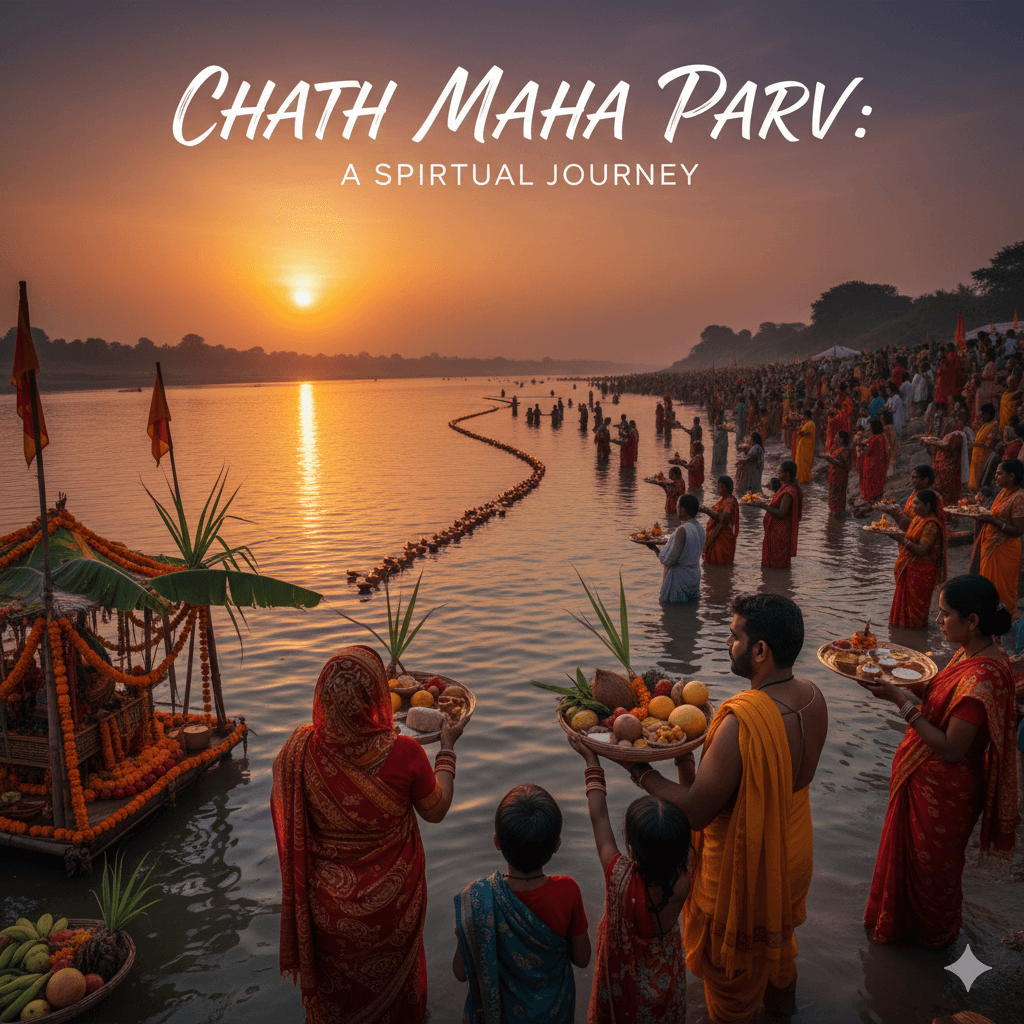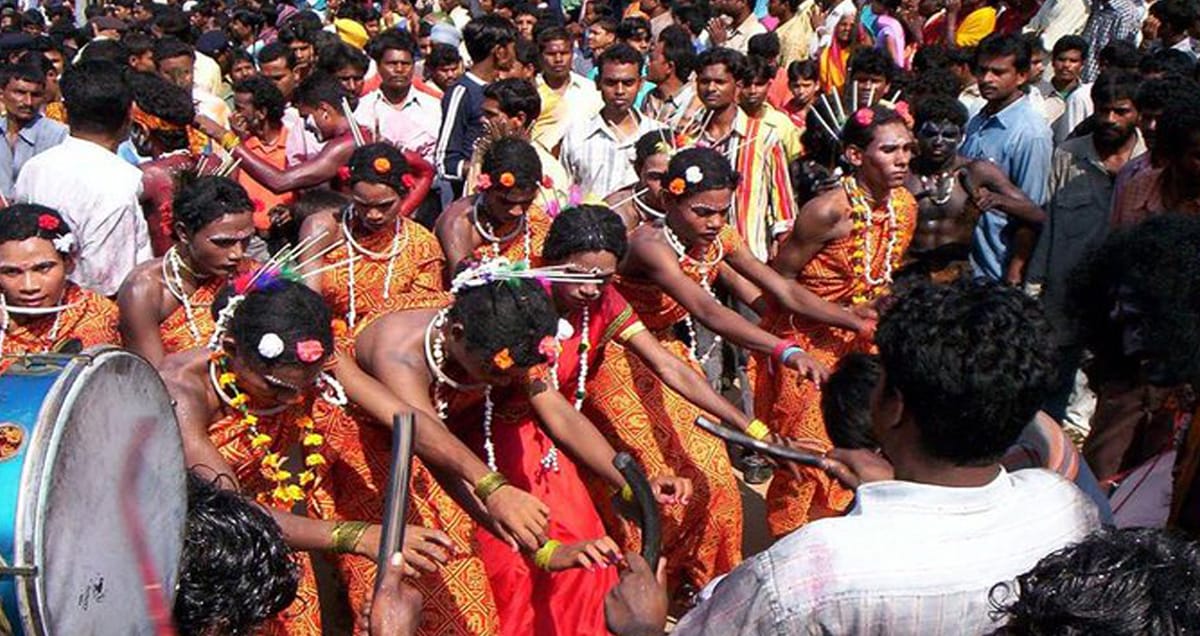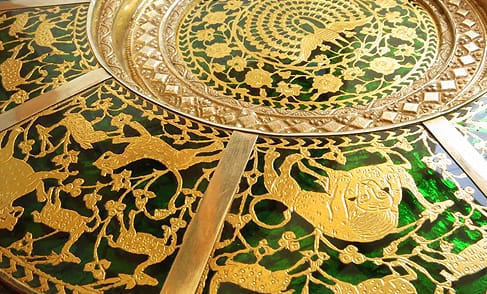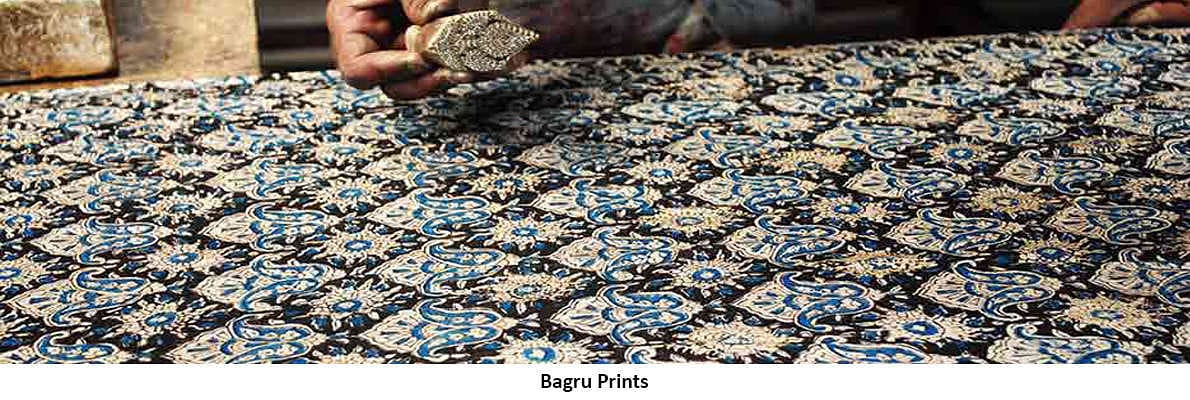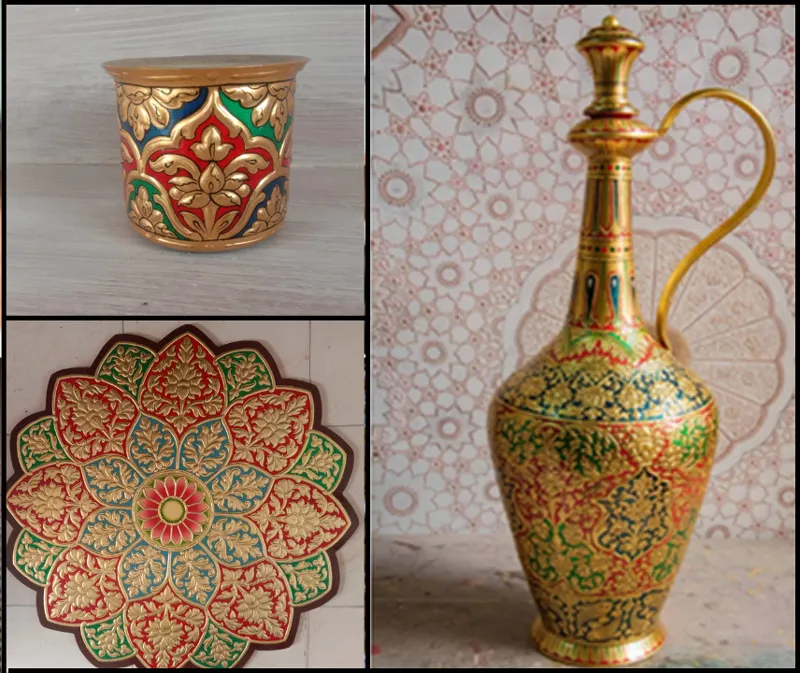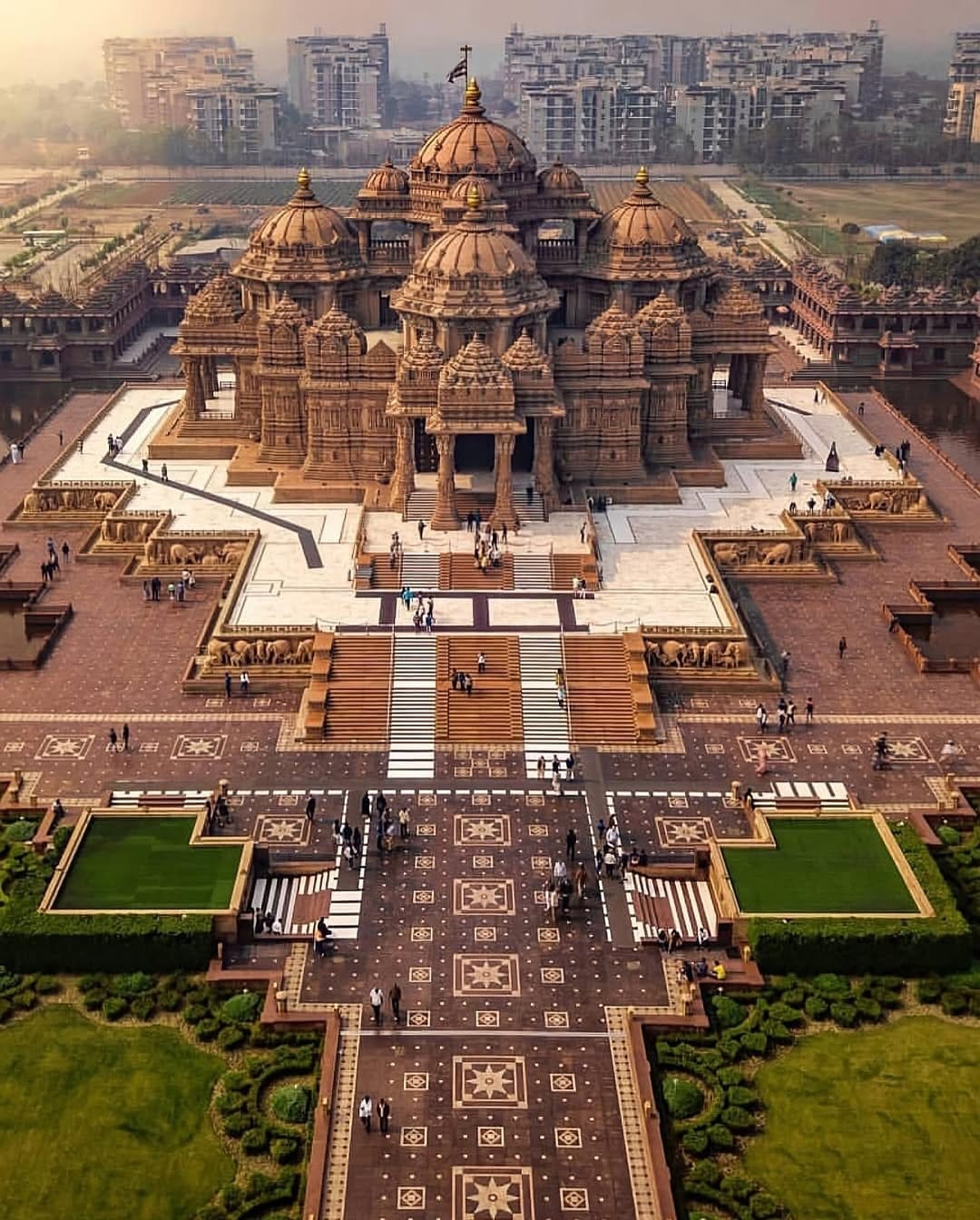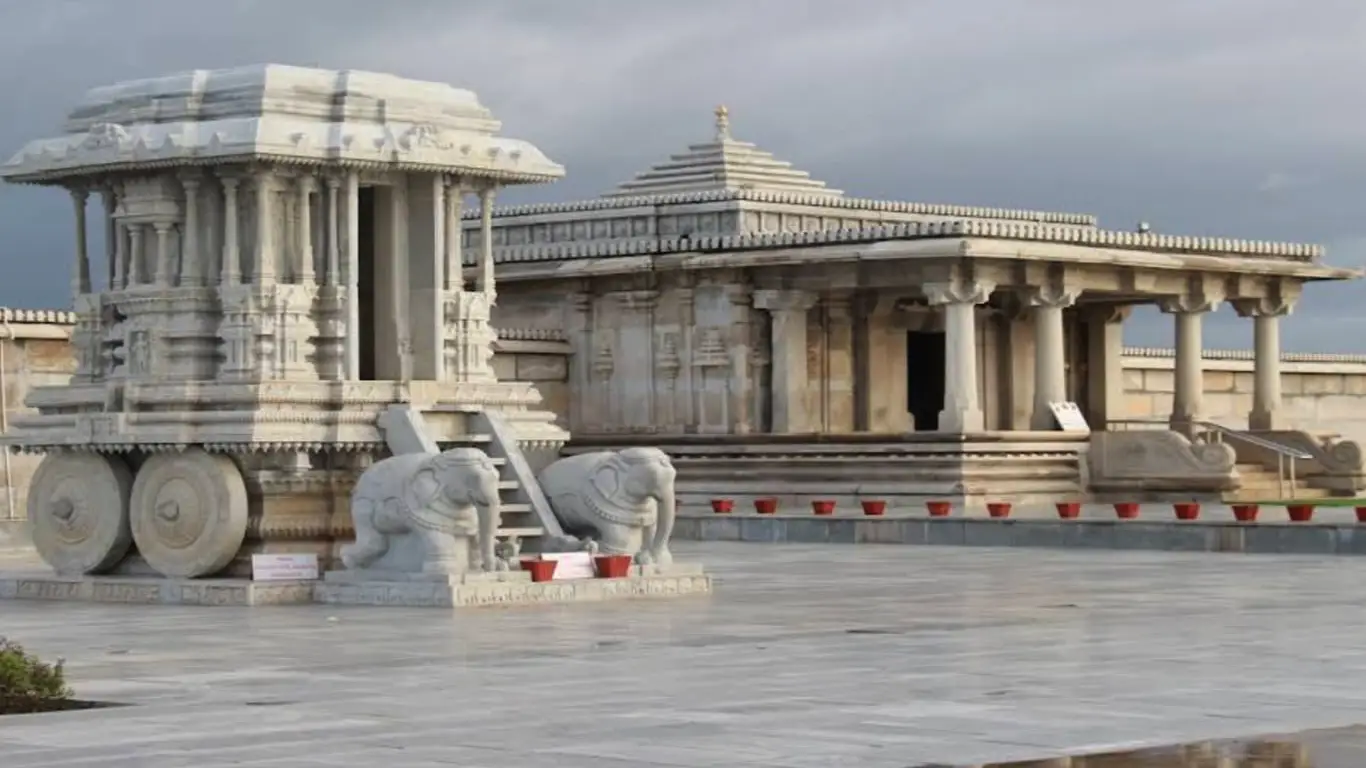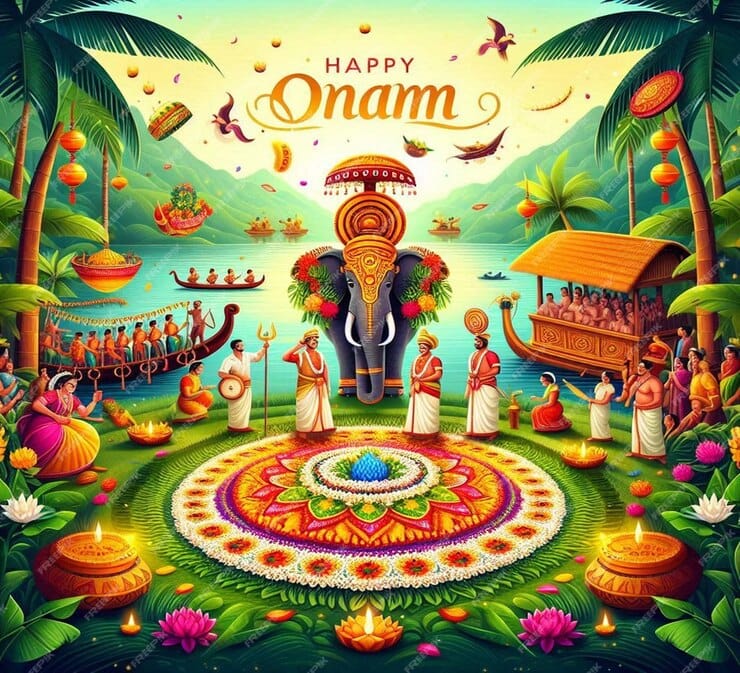
Onam is a vibrant and culturally rich festival celebrated predominantly in the Indian state of Kerala. It marks the harvest season and is a time of unity, joy and tradition. The story of Onam is rooted in ancient Hindu mythology, particularly centered around the legendary King Mahabali, who was a beloved and just ruler of Kerala. His reign is believed to be a golden era marked by equality, prosperity, and happiness, with no poverty, crime, or deceit among his people.
The Legend of King Mahabali and Vamana:

King Mahabali, a powerful Asura (demon) king, was known for his generosity and devotion to his subjects. His fame and influence spread far and wide, even threatening the dominion of the gods (Devas), led by Lord Indra. Concerned that Mahabali’s power might disrupt the cosmic balance, the Devas approached Lord Vishnu for help.
To curb Mahabali’s growing power without harming him, Lord Vishnu took on the avatar of Vamana, a dwarf Brahmin. Vamana approached Mahabali while he was performing a sacred yajna (ritual). In keeping with his reputation for generosity, Mahabali promised to grant Vamana any request. The small Brahmin asked for just three paces of land, which Mahabali readily agreed to.
However, Vamana was no ordinary Brahmin. As soon as Mahabali made the promise, Vamana began to grow in size, covering the earth with one step and the skies with his second step. With no space left for the third step, Mahabali humbly offered his own head. Vamana placed his foot on Mahabali’s head, pushing him to the netherworld (Pathala). However, impressed by his humility and devotion, Vishnu granted Mahabali a boon: he could return to visit his people once a year.
The Return of Mahabali:
Kerala celebrates Onam yearly to welcome their king Mahabali with grand festivities, flowers, feasts, and cultural events. Onam symbolizes the hope for a return of the golden age of Mahabali’s reign, when people lived in harmony and prosperity.
Symbolism of Onam:
The story of Onam embodies themes of sacrifice, humility, and the cyclical nature of power. King Mahabali’s selflessness and devotion to his people make him a revered figure, and Onam celebrates these virtues. The festival also emphasizes the values of equality, community, and gratitude for nature’s abundance during the harvest season.
Date and Duration
Onam is typically celebrated in August or September, based on the Malayalam calendar (Chingam month). The festival lasts for ten days, culminating in Thiruvonam, the most important day. In 2024, Onam falls between August 30th and September 8th, with Thiruvonam on September 7th.
Major Celebrations and Traditions:
- Pookalam: The intricate floral carpets (Pookalam) are designed at the entrances of homes, symbolizing a warm welcome to King Mahabali.
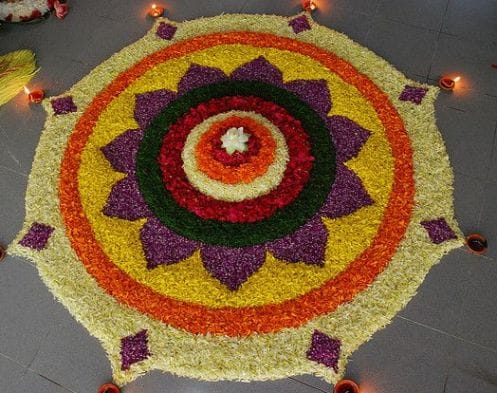
- Vallam Kali (Boat Races): One of the most iconic aspects of Onam is the Vallam Kali or snake boat races held across Kerala’s backwaters, especially in places like Alappuzha.
- Onasadya (Feast): The grand vegetarian feast served on banana leaves, called Onasadya, features an array of traditional dishes, including rice, sambar, avial, payasam, and more. It is considered the highlight of Onam celebrations.
- Traditional Dances: Dances like Thiruvathira, Pulikali (Tiger Dance), and Kummattikali are performed during Onam, reflecting Kerala’s rich cultural heritage.
Cultural Impact and Global Celebrations
Onam is celebrated with equal fervor by the Malayali diaspora around the world, especially in the Middle East, the US, and Europe, showcasing Kerala’s rich heritage globally. Communities come together to organize cultural events, traditional feasts, and Pookalam competitions.
Onam in Modern Times
While the core traditions remain intact, Onam has evolved with modernity. Commercialization has brought about changes with more elaborate celebrations, but the essence of the festival remains a celebration of Kerala’s rich cultural history and its agrarian roots.
Thus, Onam is not only a celebration of Kerala’s rich cultural heritage but also a commemoration of a time when unity and goodness reigned under the leadership of King Mahabali.


